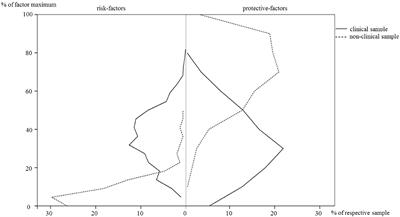ORIGINAL RESEARCH
Published on 08 Jan 2019
Risk and Resilience Among Mothers and Fathers of Primary School Age Children With ASD in Malaysia: A Qualitative Constructive Grounded Theory Approach

doi 10.3389/fpsyg.2018.02275
- 13,068 views
- 55 citations
66k
Total downloads
412k
Total views and downloads
Select the journal/section where you want your idea to be submitted:
ORIGINAL RESEARCH
Published on 08 Jan 2019

ORIGINAL RESEARCH
Published on 28 Nov 2018

ORIGINAL RESEARCH
Published on 15 Nov 2018

ORIGINAL RESEARCH
Published on 31 Oct 2018

ORIGINAL RESEARCH
Published on 15 May 2018

ORIGINAL RESEARCH
Published on 09 Apr 2018

SYSTEMATIC REVIEW
Published on 09 Apr 2018

ORIGINAL RESEARCH
Published on 26 Mar 2018

ORIGINAL RESEARCH
Published on 09 Feb 2018

ORIGINAL RESEARCH
Published on 31 Oct 2017

ORIGINAL RESEARCH
Published on 25 Sep 2017

ORIGINAL RESEARCH
Published on 28 Jul 2017

